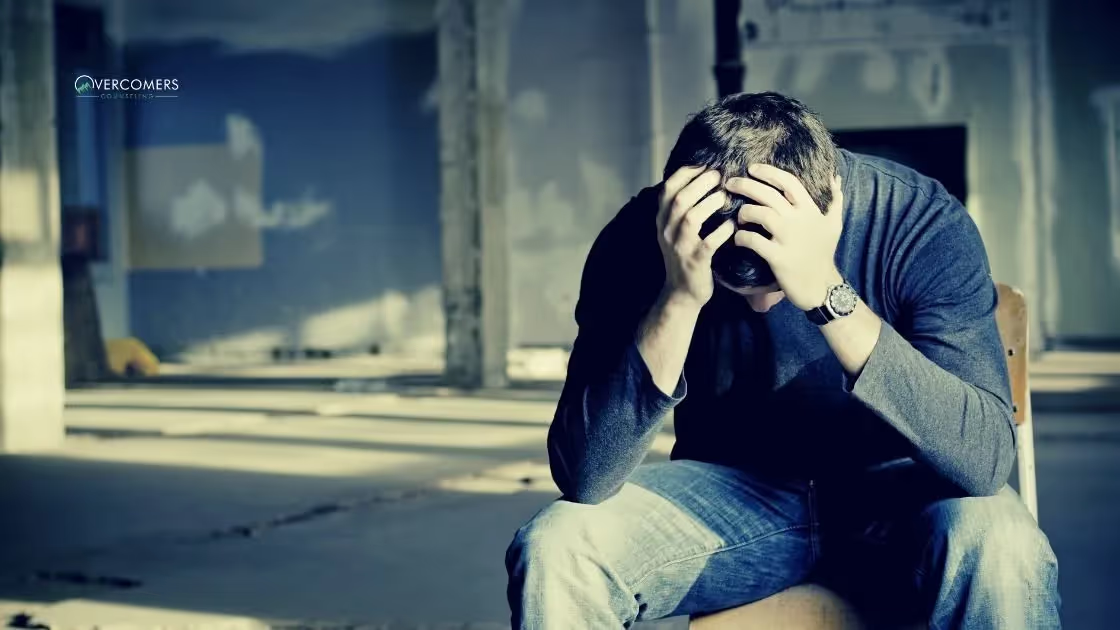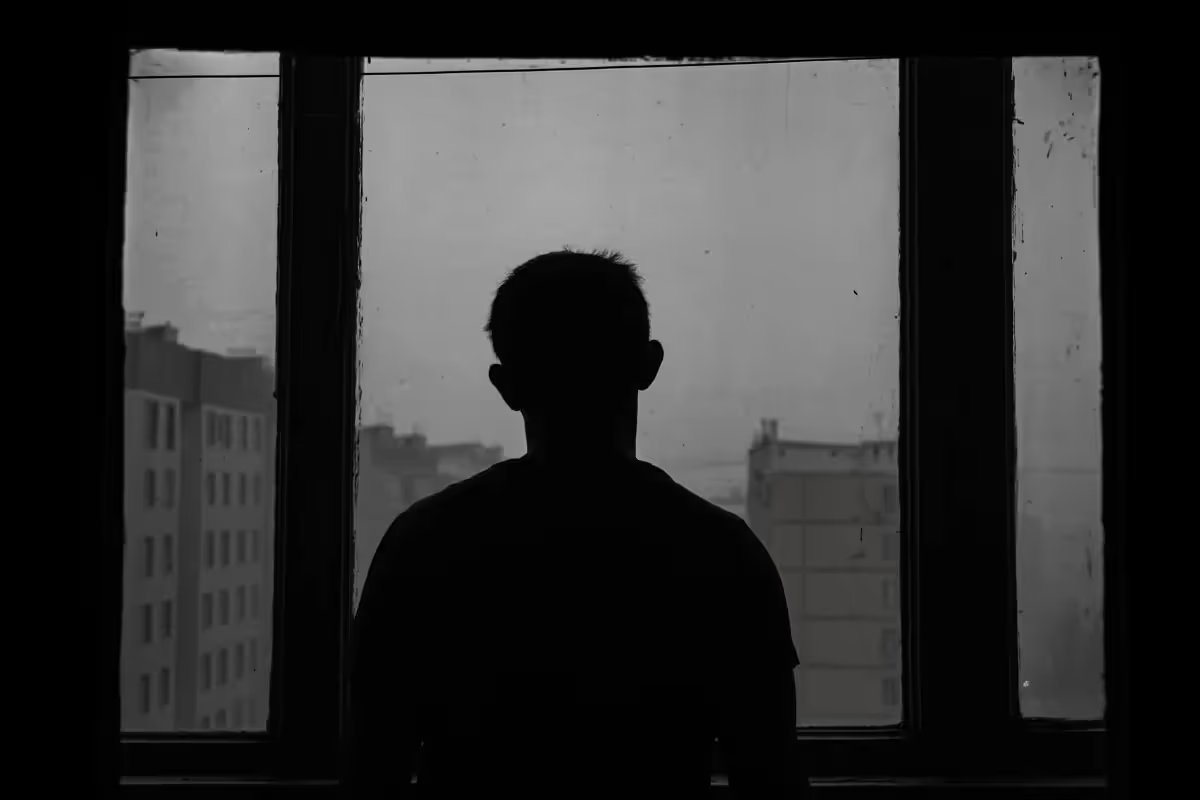Dealing with the death of a parent is one of the most difficult experiences a person can go through.Grief can be all-consuming and overwhelming. You may...

Dealing with the death of a parent is one of the most difficult experiences a person can go through.
Grief can be all-consuming and overwhelming.
You may feel like you will never be able to move on or be happy again.
Here are some tips for dealing with this type of grief.
It is important to allow yourself to grieve in whatever way works best for you.
There is no right or wrong way to grieve.
Some people need to express their emotions while others prefer to keep them bottled up.
Some people find solace in their faith while others find comfort in their friends and family.
There is no correct way to grieve, so do whatever feels right for you.

It is important to allow yourself to grieve in whatever way works best for you.
There is no right or wrong way to grieve.
Some people need to express their emotions while others prefer to keep them bottled up.
Some people find solace in their faith while others find comfort in their friends and family.
There is no correct way to grieve, so do whatever feels right for you.
Grieving takes time. There is no set timeline for grieving, so take as much time as you need.
Grief can come in waves, so even if you think you have moved on, something may trigger your grief and cause you to relive it all over again.
Be patient with yourself and allow yourself the time you need to heal.

Talking about your loved one can be cathartic and help you to deal with your grief.
Share stories and memories with friends and family members.
You may also want to consider writing down your thoughts and feelings in a journal.
Keeping your loved one's memory alive will help you to cope with your loss.
If you are struggling to cope with your grief, don't be afraid to reach out for help from a professional counselor or therapist.
They can help you work through your emotions and provide support during this difficult time.
Additionally, there are many support groups available for people who have lost a parent.
Talking with others who are going through the same thing can be helpful and make you feel less alone.
How long does it take to grieve the death of a parent?
There is no one answer to this question as everyone grieves in their own way and at their own pace. Some people may start to feel better after a few months, while others may find that it takes much longer. It is important to give yourself time to grieve and to allow yourself to experience all the different emotions that come with it.
What are some common symptoms of grief?
There is a wide range of symptoms that can be associated with grief, and not everyone will experience all of them. Some common symptoms include the feeling of isolation, numbness or disconnect from your emotions, feeling anger or resentful, difficulty sleeping, and struggling with your mental health.
What are some healthy ways to cope with grief?
There are many different ways to cope with grief, and what works for one person may not work for another. Some healthy coping mechanisms include talking about your feelings with friends or family members, writing about your thoughts and feelings in a journal, participating in activities that make you feel good, and spending time outdoors in nature.
What should I do if I am struggling to cope with my grief?
If you are finding it difficult to cope with your grief, it is important to seek professional help from a therapist or counselor who can provide support and guidance. Additionally, there are many support groups available for people who are grieving the death of a loved one. These groups can provide a space for you to share your thoughts and feelings with others who are going through a similar experience.
How can I help my child who is grieving the death of a grandparent?
If your child is grieving the death of a grandparent, there are several things you can do to support them. First, it is important to talk about the death with your child and answer any questions they may have. You can also encourage them to express their emotions through art or writing, and help them find ways to remember their loved one such as making a photo album or planting a tree in their memory. Finally, it is important to be patient with your child as they go through the grieving process and let them know that it is okay to feel sad, angry, or confused.
What are some signs that I am ready to move on from my grief?
Signs that you are ready to move on from your grief include feeling more at peace and accepting the death of your loved one, being able to enjoy activities without feeling overwhelmed by sadness, spending time with friends and family without feeling guilty or anxious, and having moments of joy or happiness throughout the day. Additionally, if you find yourself feeling ready to start new projects or goals, this can be a sign that you are beginning to heal from your grief.
Overcomers Counseling is Here to Help
If you are struggling with the grief associated with the death of a parent, Overcomers Counseling can provide you with the help and support that you need.
Our experienced counselors will work with you to help you process your emotions, cope with your grief in healthy ways, and eventually move on with your life.
Contact us today to get started.
Losing a parent is one of the most difficult things a person can experience.
Grief can be all-consuming and overwhelming.
However, it is important to allow yourself to grieve in whatever way works best for you and give yourself time to heal.
Talking about your loved one can also be helpful, as well as reaching out for help from professionals or joining a support group.
It is not mandatory that all conversations revolve around the issue causing your grief but our therapists will provide guidance on how best to process the situation. You are in control of how much or little you want to share in a session, but it is important to stay open and honest with your therapist for optimal results.
Some signs that you may be ready to move on include feeling at peace with the breakup, no longer regularly thinking about your ex, and having a renewed sense of optimism. Ultimately, only you can decide when you're ready to start dating again or take other steps toward moving on.
If you find yourself having difficulty managing daily activities due to lingering feelings associated with grief such as sadness, anger, guilt or numbness; then it might be beneficial for you to seek professional help through our Colorado Springs Grief Counseling services. Our therapists are trained in helping clients identify their needs and goals related to grieving.
There are a few things you should avoid saying to someone who is grieving, as they can come across as insensitive or unhelpful. For example, don't tell them that it's "time to move on" or that they "should be over it by now." It's also best not to make any assumptions about how they're feeling or what they need – instead, ask them directly how you can help.
Dealing with grief involves allowing yourself to experience grief, seeking support from family members or a mental health professional, and taking care of your physical health. It's also important to remember that everyone grieves differently and there's no "right" way to grieve.
Dealing with someone who is addicted to drugs or alcohol can be difficult. It is important to remember that addiction is a disease, and the addict is not responsible for their behavior. You can offer support and understanding, but it is important to set boundaries. You can also get help for yourself through therapy or counseling.